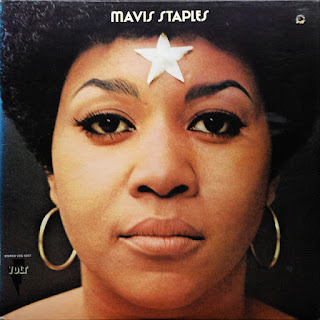"The Shining" was my introduction to Stephen King and to this day I still find it quintessential work of this author, where all his best qualities are focused into white hot inspiration. Although himself he detest the movie, it actually cemented novel's reputation - I have enjoyed both many times and even now, if I find myself walking along empty hotel corridors, I will probably expect twins to stand holding hands somewhere around the corner, this is how strongly images are etched in my consciousness. On the other hand, "Doctor Sleep: A Novel" was the main reason why I finally made a big step and crossed over to e-books - as a die hard, traditional book lover, I refused to accept electronic gadgets but when I heard that King wrote a sequel, I have actually bought e-reader. However, the virtual library eventually grew up more and more to the point that selection became difficult - instead of counting sheep, I could just browse titles in my collection and fall asleep - to this day I have not read the darn thing until now and only because the movie is out so quick, quick, let's read the novel before someone pulls me to the cinema.
Even though author himself is very much aware that writing a sequel to such totemic work as "The Shining" might be a misstep, the challenge was strong + King often thought about what happen to that little boy who was the main protagonist. It turned out a mistake. Or perhaps mistake is that we expected horror on the same level as "The Shining" - it is not and in fact, "Doctor Sleep: A Novel" is more concerned with the idea that alcoholism might run in the family so lots of space is about grown up Danny Torrance slowly turning in his father and following his self-destructive pattern, finding his way out of it and going on AA meetings. It obviously means a lot to King (himself ex-alcoholic) but less to readers who get bogged with Danny's nightmares and booze temptations. The major turn off for me was the fact that author forgot that antagonists must be a mystery if they are to be scary - once you show their POV, their "otherness" is less frightening and in fact they can be even slightly comical. No doubt, it was all intentional and perhaps significant in a way that shows that author is less interested in horror genre - he is much older now and has compassion even for the baddies. Even with a few well chosen scenes, the final result is underwhelming and I thought "is this it?" - for some reason I didn't really care for any of the characters, however far from losing his touch, King still held me firmly and turning the pages but the novel is nowhere near the excitement and thrill of the original. Approach with caution - just don't expect too much.


































